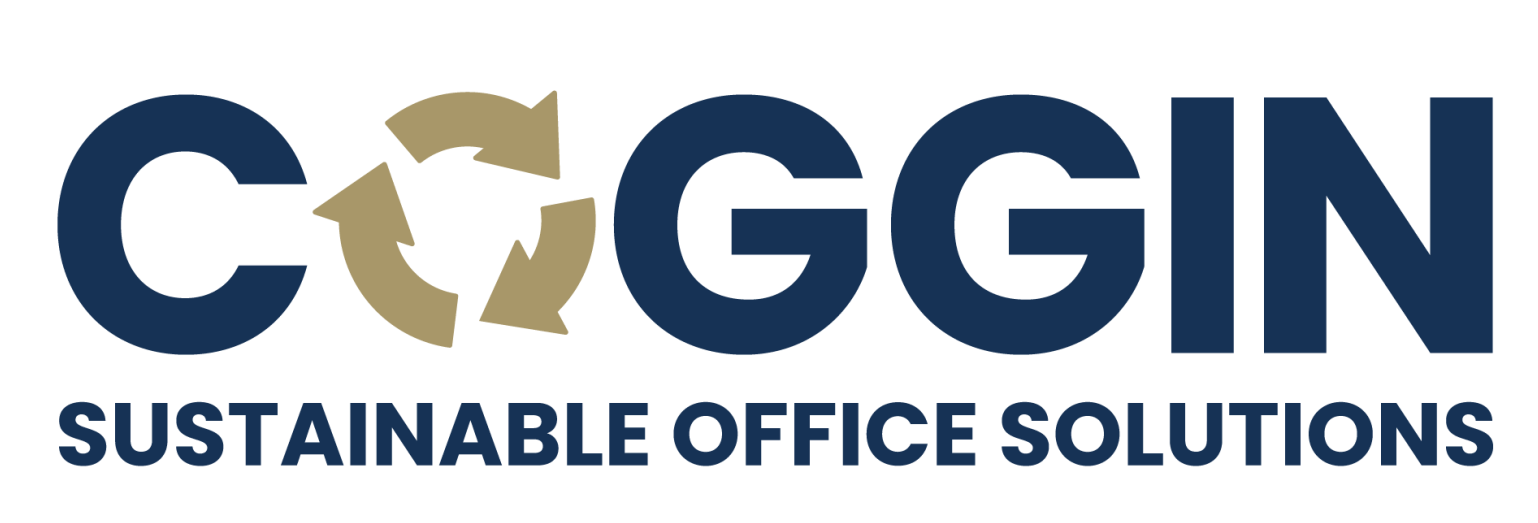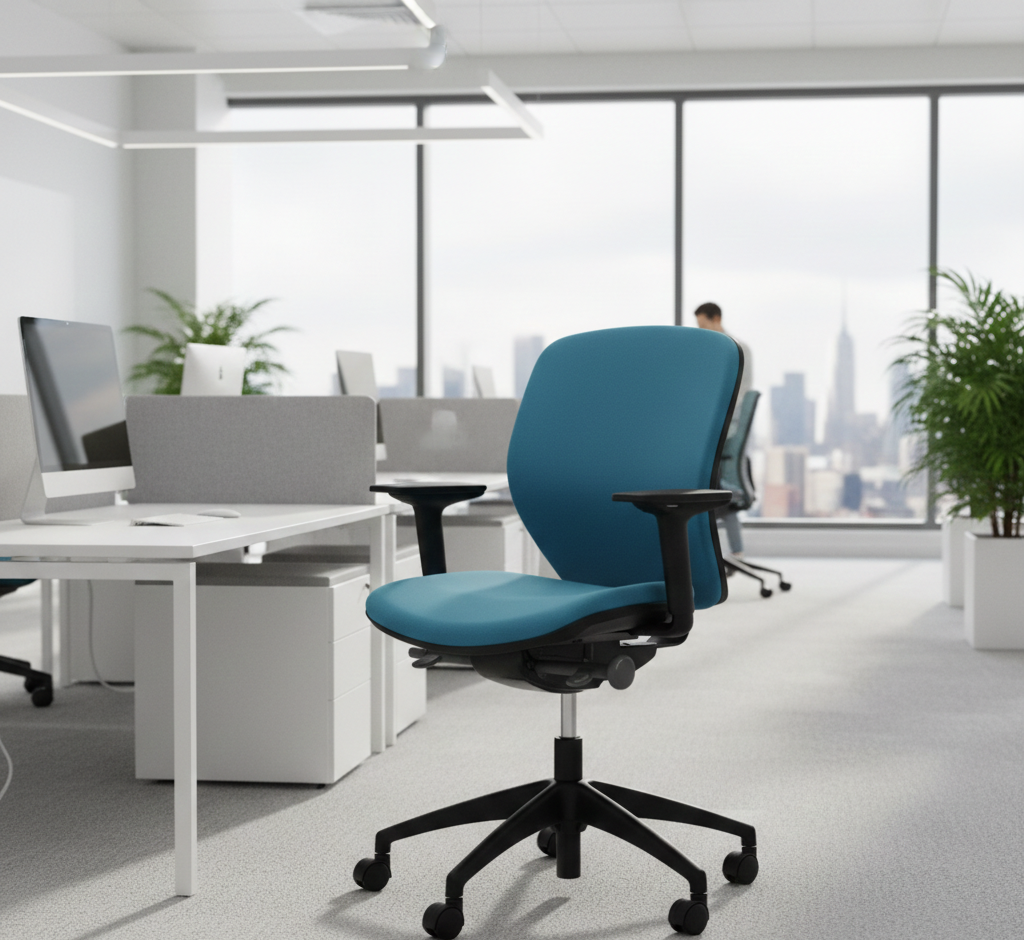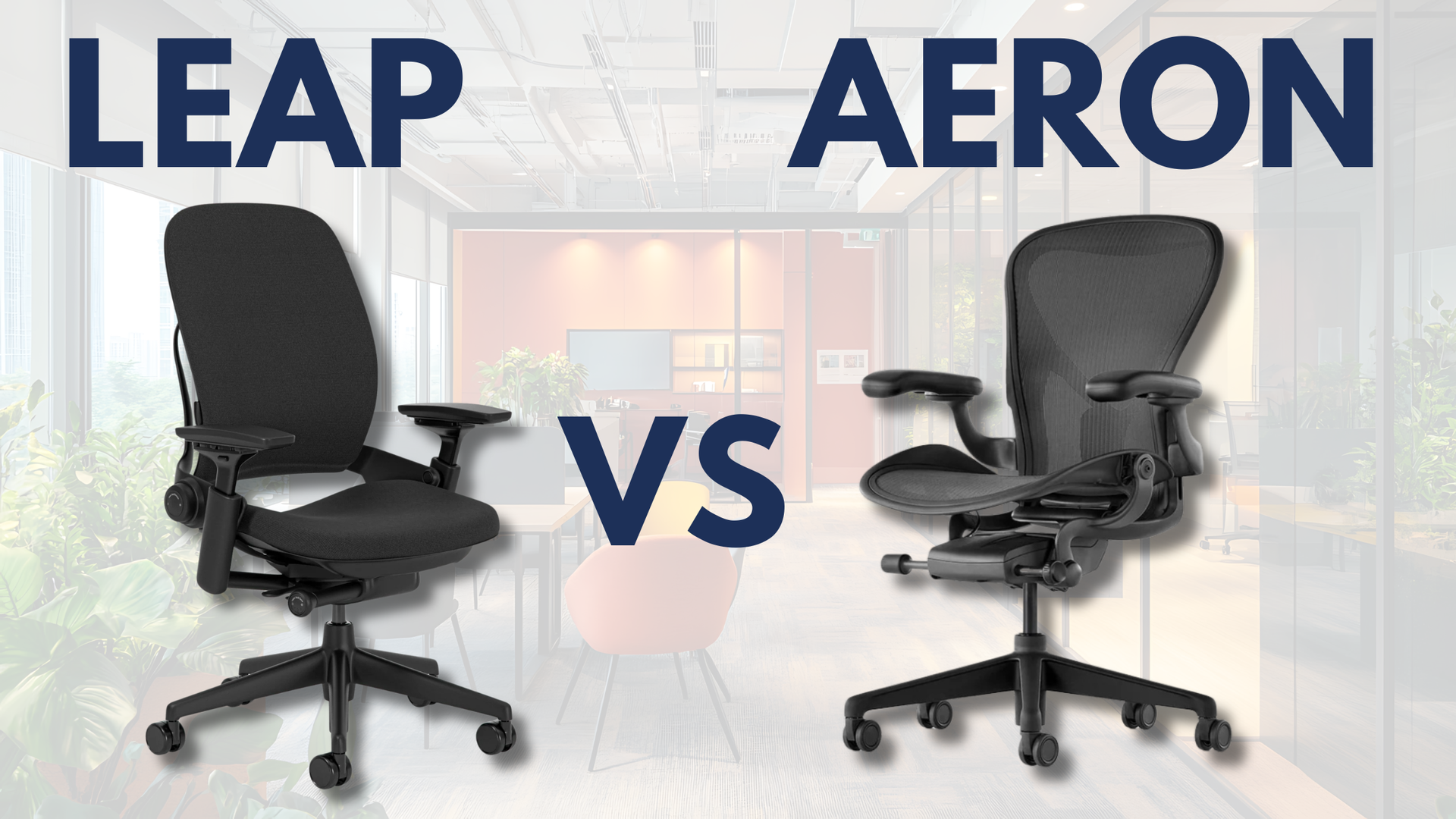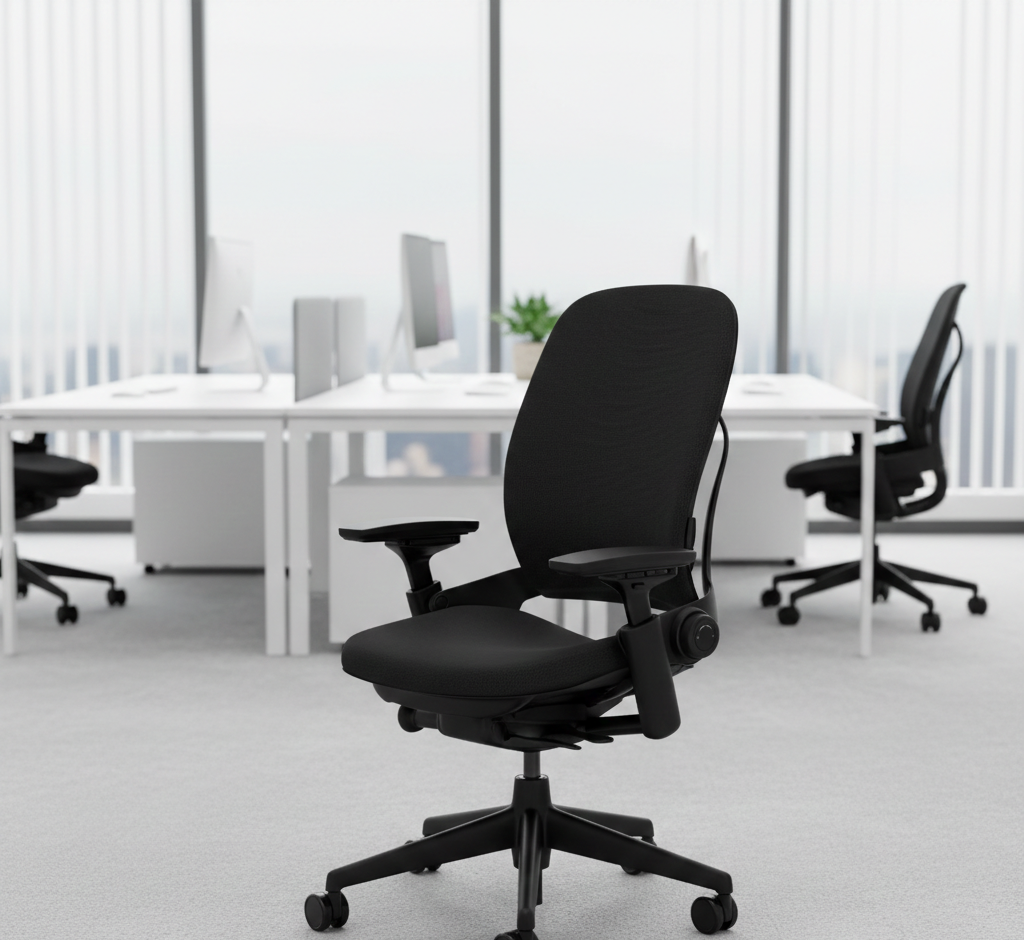Circulating Value: Maximising UK's Economic Potential Through a Circular Economy
The Circular Economy in the UK: Potential Benefits and Key Challenges
For more than a decade, the Green Alliance and various business partners have been accumulating a wealth of evidence highlighting the importance of a circular economy. A circular economy offers a myriad of solutions to several problems faced by the UK, from environmental risks to economic challenges.
Traditionally, our economy has operated in a linear 'take, make, use and throw' fashion. Materials are extracted, goods are produced, sold, used, and eventually discarded, often after a very short lifespan. However, a circular economy could revolutionise this trajectory. In a circular economy, materials and products are kept in use for as long as possible through reuse, repair, remanufacturing, and recycling, preserving their highest value. This model reduces raw material consumption and mitigates the negative impact associated with waste generation.
A circular economy provides immense benefits. It lowers climate and environmental risks by reducing carbon emissions and minimises impacts on biodiversity, water, and air pollution. It also builds business resilience by reducing reliance on raw materials, three quarters of which are supplied from abroad.
Perhaps more significantly, it holds substantial potential for economic growth. Studies suggest that adopting a more circular economy could lead to significant growth in the UK, potentially increasing GDP by nearly one per cent by 2035 and contributing as much as £82 billion in gross value added by 2030. Additionally, it could support over 470,000 jobs across the country, particularly in sectors projected to face high rates of unemployment by 2035.
Moreover, a circular economy could help us wrestle control over material flows and prevent value from being lost, a priority already identified within the critical minerals supply chain, which faces numerous geopolitical challenges.
However, to realise this potential, government intervention is vital. It is recommended that the government prioritise a circular economy, integrating it as a crucial aspect of its industrial policy, and that the Treasury spearhead this change, given its role in coordinating government policy and overseeing tax and spending responsibilities.
To move circular business models from the fringes to the mainstream, government support is crucial. For instance, levelling the playing field between circular and linear businesses, offering financial assistance through a dedicated fund to support circular businesses facing high upfront costs, and improving understanding of tax impacts to meet environmental goals can all aid in making the shift.
Notable examples of businesses making strides towards a circular model include John Lewis, which operates several circular initiatives including furniture rental and circular design training, and IKEA, which offers a buy back and resell programme for old furniture, along with free small spare parts to extend product lifetimes.
However, transitioning to a circular economy is not without its challenges. One of the main barriers is the market preference for cheap, poor quality, easily accessible goods, which often come with substantial environmental costs not reflected in their price.
Which brings us to the topic of office furniture. It may seem a small detail in the grand scheme of a circular economy, but it exemplifies how circularity can benefit businesses and consumers alike. A desk or an office chair has a far longer potential lifespan than the time it spends in any one office. By creating a market for high-quality, reusable office furniture, businesses can reduce their environmental footprint, save money, and foster a sustainable approach to resource consumption. This is just one of the many ways in which the principles of the circular economy can be put into practice in everyday business operations.
The circular economy presents an exciting opportunity to enhance the UK’s economic resilience, reduce environmental impact, and create new jobs. However, it will take concerted effort from businesses, consumers, and the government to realise its full potential. Through the implementation of policies that promote circular business models, and the support of businesses taking the leap towards such models, the UK could significantly advance towards a sustainable and prosperous future.
Key Insights:
- Economic Potential: The circular economy represents a significant opportunity for economic growth. Estimates suggest it could boost the UK's gross value added by £82 billion by 2030, increasing GDP and creating numerous skilled jobs.
- Environmental Benefits: Adoption of circular practices would lead to reduced raw material consumption, waste prevention, and lowered environmental impacts related to production.
- Social Benefits: Increased affordability, community engagement, and job creation are critical social benefits linked with circular practices like resale and repair.
- Barriers for Businesses: Several challenges like disproportionate VAT taxation, poor circular logistics, and short lifetimes of poor-quality goods hinder businesses from adopting circular models.
- Barriers for Consumers: Cultural inertia, stigma associated with second-hand items, and concerns about convenience and high cost act as barriers to consumer adoption.
- Wider Economic Impacts: While circular economy fosters growth, it poses risks like the ‘rebound effect.’ Countries dependent on raw material export might lose out, demanding knowledge-sharing and assistance.
How the Treasury Can Help:
Level the Playing Field:
- Change VAT: Encourage repair by zero rating it and adjusting VAT on other items to make circular practices more attractive.
- Give Leasing Businesses Access to Tax Relief: Amend regulations to make leasing businesses eligible for tax relief schemes.
Provide Financial Assistance:
- Dedicated Fund: Establish a fund (e.g., £800 million) to support and kickstart circular businesses and create infrastructure for circular logistics.
Understand the Impacts of Tax:
- Environmental Impact Assessment: Understand how tax measures influence behaviour and environmental goals.
- Engage with Public and Businesses: Address public concerns early on, understanding the complex motivations behind consumer choices, and remove structural barriers to change.
The push towards a circular economy in the UK is both a promising opportunity and a complex challenge. The potential economic, social, and environmental benefits are significant. However, achieving them requires concerted effort to overcome barriers, adjust taxation policies, provide financial support, and engage in continuous learning and dialogue with stakeholders.
The role of the Treasury, along with cross-governmental collaboration, is paramount in unlocking the potential of the circular economy. The outlined strategies and interventions provide a roadmap for leveraging this untapped economic opportunity and making a transition to a sustainable, efficient, and inclusive circular model.




